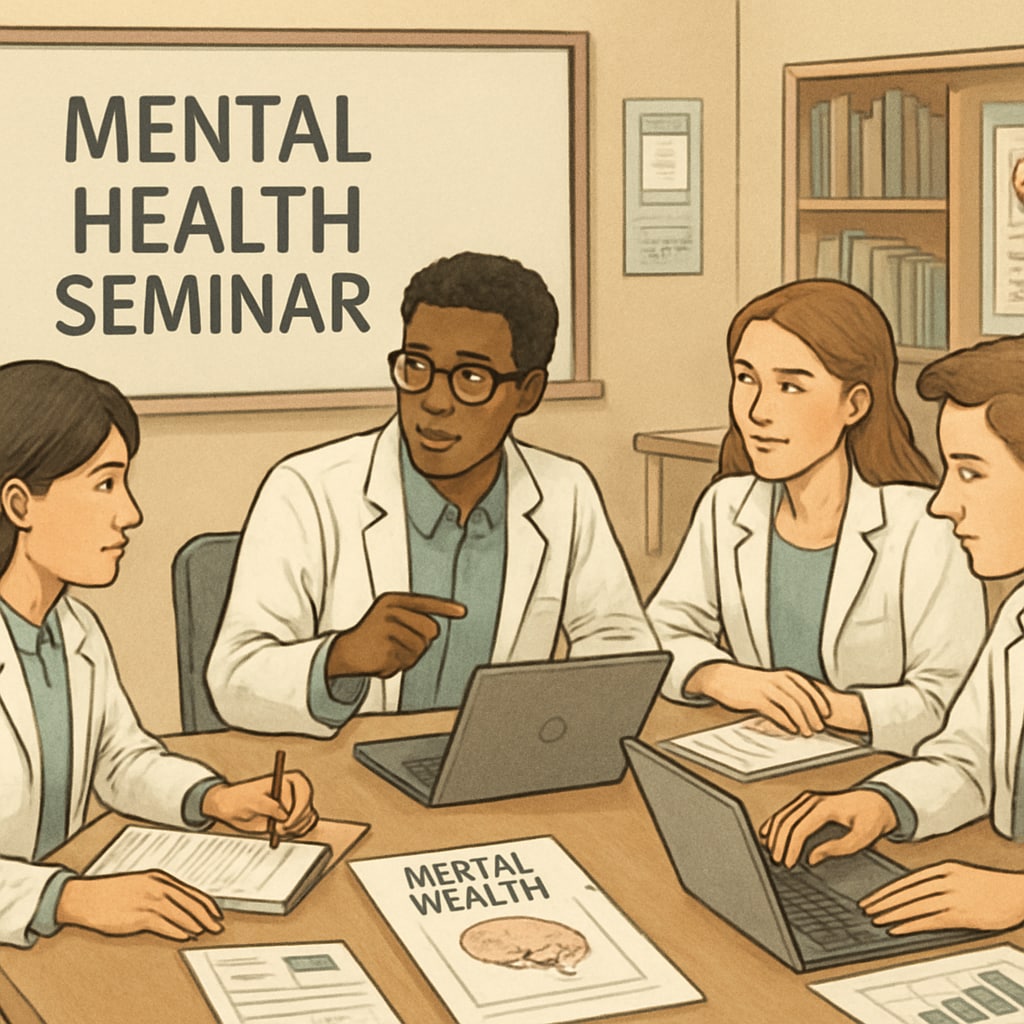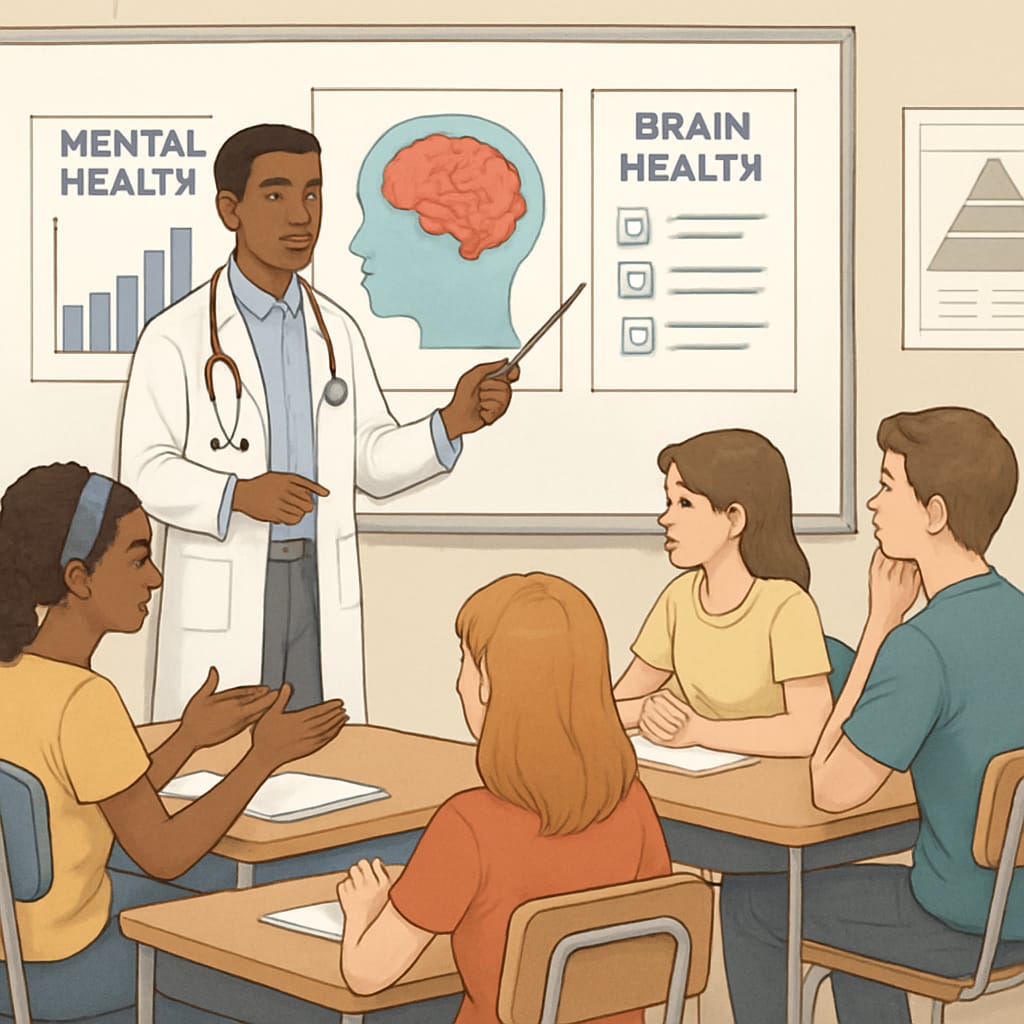Mental health seminars for high school students offer a unique opportunity to address critical psychological well-being topics, especially when conducted by medical students. These sessions bridge the gap between professional knowledge and accessible education for teenagers. Organizing such seminars can be both rewarding and impactful, benefiting students while honing the outreach skills of medical professionals in training.
Preparing for High School Mental Health Seminars
Preparation is the cornerstone of any successful seminar. Medical students must first understand the unique challenges faced by high school students. Common issues include academic stress, peer pressure, and self-esteem struggles. Incorporating relatable topics ensures the seminar resonates with its audience.
- Research the Audience: Collaborate with school counselors to identify prevalent issues among students.
- Develop Engaging Content: Use interactive elements such as quizzes, real-life scenarios, and multimedia to make the session engaging.
- Set Clear Objectives: Define what the seminar aims to achieve, such as improving awareness of mental health resources or reducing stigma.

Delivering an Effective Mental Health Seminar
The implementation phase requires careful attention to both the content delivery and audience engagement. Medical students should strive to create a safe and welcoming environment where high school students feel comfortable discussing sensitive topics.
- Begin with Icebreakers: Start the session with light activities to ease tension and foster participation.
- Use Simple Language: Avoid medical jargon; instead, use terms and examples that teenagers can easily understand.
- Encourage Interaction: Open the floor for questions and group discussions to make the seminar more dynamic.
- Provide Resources: Share handouts or links to reputable mental health organizations, such as NAMI or MentalHealth.gov.

Evaluating the Impact of Your Mental Health Seminar
Post-seminar evaluation helps measure the effectiveness of the session and provides insights for future improvements. Feedback from students, teachers, and counselors can be invaluable.
- Distribute Feedback Forms: Include questions about content relevance, presentation style, and overall satisfaction.
- Analyze Attendance and Participation: High levels of engagement often indicate a successful seminar.
- Reflect and Adjust: Use feedback to refine the approach for future sessions, ensuring continuous improvement.
By conducting mental health seminars tailored to high school students, medical students contribute to fostering a culture of awareness and support within educational environments. The experience also allows them to refine their communication and outreach skills, making it a mutually beneficial endeavor.
Readability guidance: Use short paragraphs and bullet points to summarize key takeaways. Ensure smooth transitions between sections and balance the use of technical terms with accessible language.


